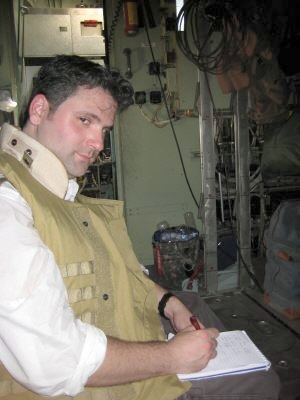Brazil: Organizing for Gay Rights in Bahia
Salvador da Bahia is perhaps best known to tourists as the most “African” city in Brazil. The administrative center of Bahia State, the third-largest city in Brazil and the…More
Salvador da Bahia is perhaps best known to tourists as the most “African” city in Brazil. The administrative center of Bahia State, the third-largest city in Brazil and the…More
AS a university professor in Japan and a dabbler in its gay history, I must admit a certain fascination with the institution known as “nanshoku.” Literally “male colors,” nanshoku describes a wide range of Japanese same-sex relationships from ancient times up until the end of the 1860’s.
MoreGREAT EMPIRES may come and go, but, like the tides, they leave behind a tangled assortment of treasures and trash. In the case of the British Empire, this included much that one might admire, but also a British Protestant morality that was codified in laws that persist to this day. Section 377 of the colonial Penal Code is a striking example. It classed consensual oral and anal sex as “carnal intercourse against the order of nature” and made it a crime punishable with imprisonment for life. When the British administrators withdrew, they took their soldiers, but left their law books behind. Section 377 was recently repealed in India, but it is still very much on the books in Bangladesh.
More“MY PARTNER’S IDEA was we should move somewhere abroad and live there together,” said Dato Gabunia, a 28-year-old Georgian gay male who resides in Tbilisi, the capital of Georgia. “The thing is, I do not want to move anywhere. I want to live here.” Gabunia is a playwright who has been in a serious relationship with his partner for five years, but social pressure forces them to live separately and to hide their homosexuality from family members.
MoreIN AUGUST, 2010, I traveled from my home in Bangkok to Mandalay, finally to visit the Taungbyon Nat Pwe. Stories have circulated about this “gay” event, but nothing very coherent was available.
MorePREVIOUSLY, I described my escape from Russia, via land and sailboat, to be with another woman in Canada (“Leaving Russia: A Personal Odyssey,” September-October 2009). My Canadian girlfriend Meg and I had been living together for two weeks in Kiev, Ukraine, when my parents, having followed me from Russia, physically attacked us for being gay.
More
Over two months later, this quiet event was recapitulated in a public way in Israel. I was speaking to a crowd of Israeli men at the Rosa Luxemburg Foundation in Tel Aviv, when the subject became gays in Lebanon. “We’ve heard there is better nightlife there than here,” one man asked, wanting to know about the bars and clubs. The comment shocked some of those in the audience. Beirut was as forbidden to him as Tel Aviv was to Khaled. All the men in the room suddenly leaned forward in attention, wondering what the Lebanese capital, once the Middle East’s most cosmopolitan city, would be like.
MoreBOGOTÁ COULD BE the next big destination for GLBT travelers and transplants, along with some other cities in Colombia. In this capital city of some eight million souls, there are an estimated 500,000 that belong to the GLBT community. With these kinds of numbers, the gay population of Bogotá has not been ignored by local politicians and business people.
MoreFOR TWO DAYS in early March 2009, Ugandans flocked to the Kampala Triangle Hotel for the Family Life Network’s “Seminar on Exposing the Homosexuals’ Agenda.” The seminar’s very title revealed its claim: GLBT people and activists are engaged in a well thought-out plan to take over the world. The U.S. culture wars had come to Africa with a vengeance.
MoreBARIS RECOUNTED the nerves he felt standing next to numerous other men in his underwear, being measured and examined to determine his military eligibility. Military service is compulsory in Turkey, barring any serious medical issues. …
More